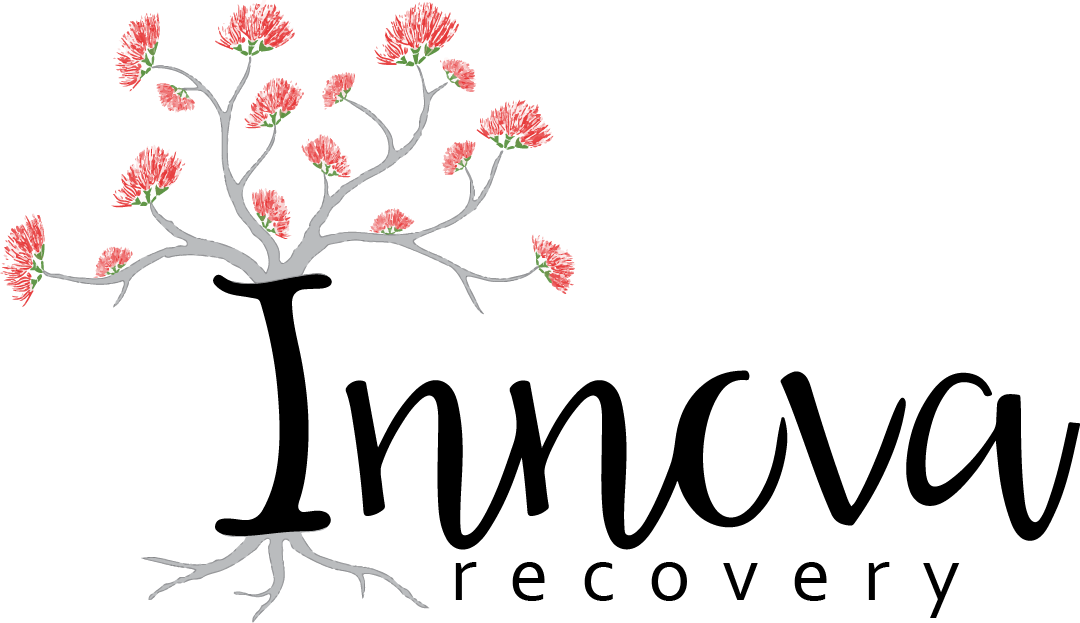Frequently Asked Questions
You may have a ton of questions. You may not even know what to ask. Either way, we are here to help. If your question isn’t answered, call or text us today to learn more about our programs and how we can support you in the next chapter of your story.
admin@innovarecoverycenter.com
General Questions
Can I do in-person and not virtual therapy?

How do I schedule my first appointment?

How do I know what level of care I need?

How do I get my loved one to go to therapy?

How do I know if I need therapy and why should I consider going?

Specialty care for your needs
We offer specialized support for those who have experienced trauma, abuse, PTSD, relationship issues and anxiety. We don’t claim to treat everything. No one can. If we aren’t the best fit for your needs, we will help you find the place that is.







